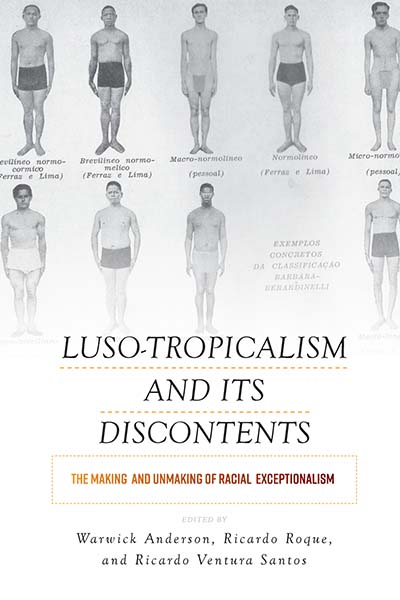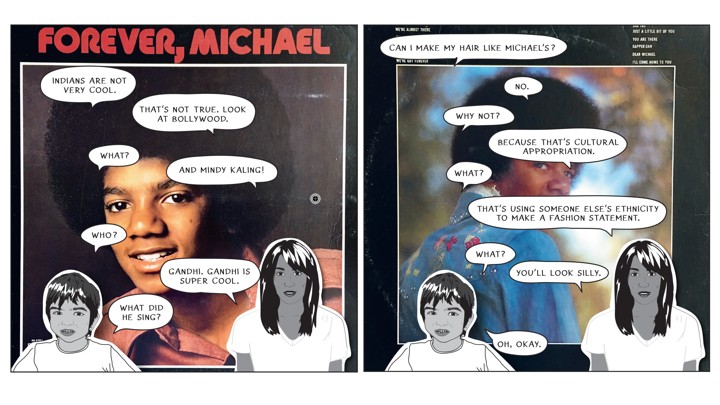The CelestialsPosted in Articles, Asian Diaspora, Books, History, Media Archive, Novels, United States on 2019-05-04 01:05Z by Steven |
Tin House Books
2013-06-06
320 pages
Paperback ISBN: 978-1-935639-55-8
In June of 1870, seventy-five Chinese laborers arrived in North Adams, Massachusetts, to work for Calvin Sampson, one of the biggest industrialists in that busy factory town. Except for the foreman, the Chinese didn’t speak English. They didn’t know they were strikebreakers. The eldest of them was twenty-two.
Combining historical and fictional elements, The Celestials beautifully reimagines the story of Sampson’s “Chinese experiment” and the effect of the newcomers’ threatening and exotic presence on the New England locals. When Sampson’s wife, Julia, gives birth to a mixed-race baby, the infant becomes a lightning rod for the novel’s conflicts concerning identity, alienation, and exile.








